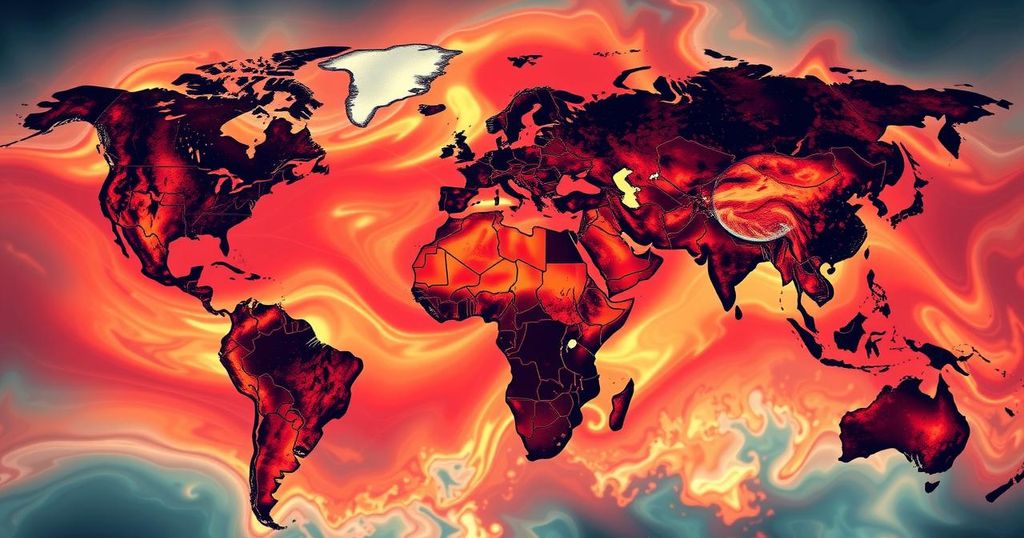Climate Change Poses Significant Threats to Global Peace, Warns 2019 Global Peace Index

The 2019 Global Peace Index indicates a minor uptick in global peace levels, although it highlights significant concerns over climate change as a potential source of conflict, undermining peace efforts and requiring urgent attention from global leaders.
The 2019 Global Peace Index (GPI), released on June 12, indicates a slight improvement in the average level of global peace. However, this marginal enhancement does not warrant significant optimism, as the report highlights the ongoing and pressing threats to global stability, particularly due to climate change. The consequences of environmental degradation and resource scarcity may exacerbate conflicts, undermining the progress made towards maintaining peace worldwide.
The index suggests that while some nations may experience short-term peace improvements, underlying issues such as climate change have the potential to ignite new conflicts and intensify existing ones. As global temperatures continue to rise and natural disasters become increasingly common, vulnerable regions may face heightened risks of instability, posing challenges to peace efforts. Socioeconomic disparities further complicate the landscape, creating conditions ripe for unrest and violence, particularly in resource-scarce areas.
Consequently, policy-makers and stakeholders are urged to recognize the interconnectedness of climate issues and peace efforts. Mitigating climate change impacts should be seen as a crucial component of sustaining global peace, requiring coordinated international action to address both environmental and social challenges. The insights from the 2019 GPI underscore an urgent need for comprehensive strategies that prioritize ecological preservation alongside peacebuilding initiatives.
The Global Peace Index serves as a comprehensive measure of the relative peacefulness of nations and regions around the world, evaluating factors such as political stability, levels of violence, and the presence of organized crime. The 2019 report has drawn critical attention to how non-traditional security threats, particularly climate change, play a significant role in disrupting peace. Rising global temperatures, extreme weather events, and resource scarcity pose risks not only to human livelihood but also to national and international stability. The study emphasizes that security policies must adapt to include environmental considerations, acknowledging the profound impact that climate-related issues have on global peace. As countries grapple with the challenges arising from climate change, it becomes essential to devise strategies that address both ecological sustainability and conflict prevention to foster a more peaceful world.
In conclusion, the 2019 Global Peace Index reveals a slight improvement in global peace levels, yet emphasizes the perilous influence of climate change on sustained peace. The report advocates for a holistic approach to national and international security policies, incorporating climate action as a fundamental element in preventing conflict. As the world faces escalating environmental challenges, the imperative for collaborative and proactive strategies to secure peace becomes increasingly pressing.
Original Source: www.euractiv.com






